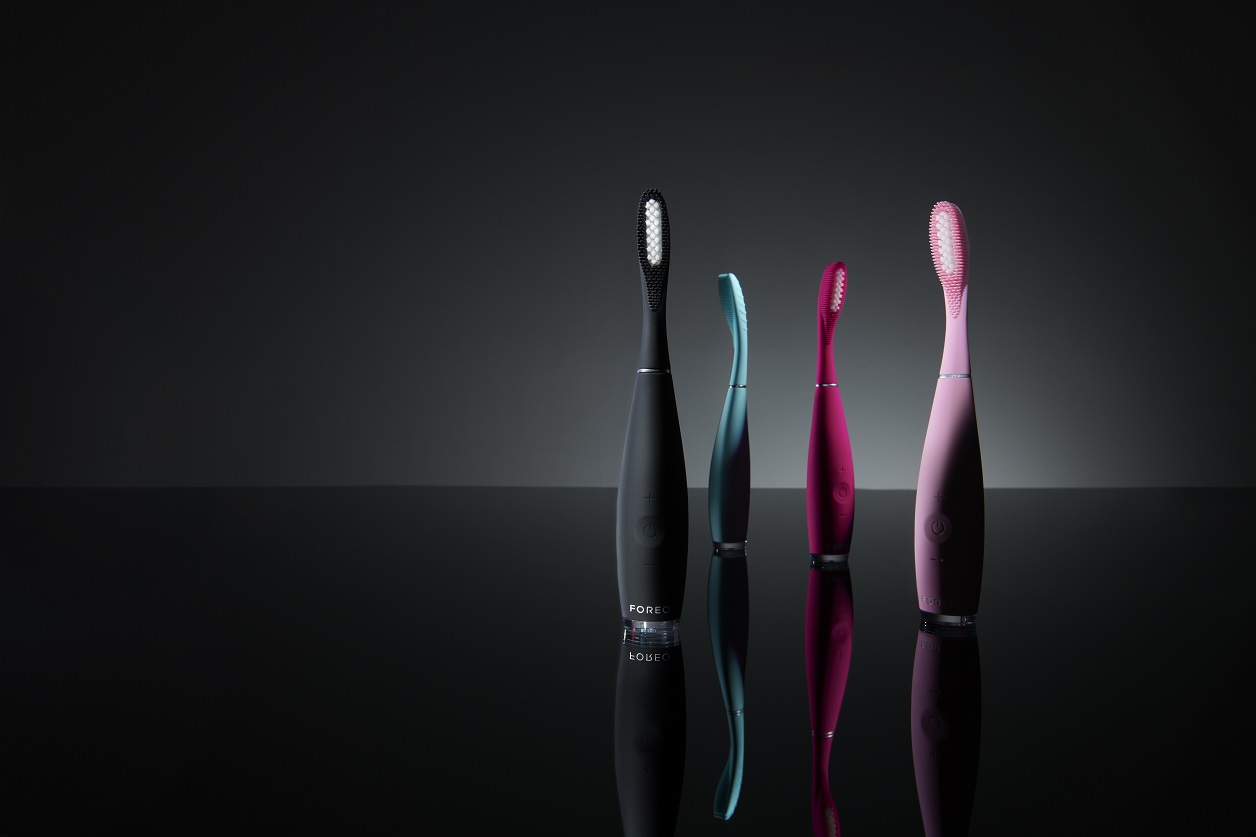Brushing our teeth. It’s one of the simplest tasks, isn’t it? We don’t really think about, it just forms part of our morning and night-time routines. However, we should be paying more attention when it comes to our oral hygiene says FOREO’s PR Manager for the MEA region, Daria Jelavic. “Our toothbrushes play a crucial role in our lives that goes way beyond keeping our smiles bright and wide.”
Poor dental hygiene can not only lead to cavities, plaque, bad breath, and gingivitis but in extreme cases can bring on diabetes, blindness, or even a stroke. So blasé have we become with the act of brushing our teeth that the World Health Organisation has a declared a major public health problem with 2.3 billion worldwide experiencing tooth decay due to improper dental care.
Jelavic highlights what we should be doing and those things we should avoid when it comes to brushing our teeth:

How long should you brush your teeth for? – According to the South African Dental Association (SADA), you should brush your teeth for two minutes. If you brush your teeth less than that, there is a large chance you won’t remove as much plaque as you need to.
How often should you brush your teeth? – You should brush your teeth twice a day, in the morning and before you go to sleep at night. Brushing your teeth in the morning will give you a fresh breath and doing it at night will remove all the food residue from your teeth and mouth. If you go to bed without brushing your teeth, it means your teeth will be covered with bacteria until the morning. While brushing your teeth twice a day is mandatory, you can brush your teeth after meals when you feel the need.
Keeping a toothbrush for too long – You need to change your toothbrush every three to four months. If you brush your teeth with broken bristles, it can do more damage than good. Having frayed bristles is a sign that you need a new toothbrush.
Not flossing – Flossing is important just as much as proper brushing. It will clean those in-between teeth spaces where your toothbrush can’t reach. Regularly flossing can prevent gum diseases and avoid receding gums.
Using a hard toothbrush – If you are asking yourself: ‘Why do my gums bleed when I brush my teeth?,’ maybe the answer is because you are using a toothbrush with hard bristles. Hard bristles won’t clean your teeth more or better than soft ones. Be gentle to your teeth and pick a toothbrush with soft bristles as those won’t make your gums bleed.
Storing your toothbrush improperly – When you’re done brushing, let your toothbrush air dry in the open. Don’t store it in the container because the wet toothbrush in a closed container is the perfect breeding ground for germs to grow.
Manual vs. electric toothbrushes? – Both manual and electric toothbrushes are effective at cleaning plaque. However, electric toothbrushes are more effective because of the increased micro-movements they make. Besides that, scientists have found that people who use an electric toothbrush have healthier gums, less tooth decay, and keep their teeth for longer, compared to those who use a manual toothbrush.
The electric toothbrush must be gentle to your teeth and gums. When buying one for yourself, you’ll want to look for one with a long battery life, how many speeds it has, and whether it is waterproof or not. FOREO’s ISSA 3 electric toothbrush features a unique hybrid brush head that combines extremely soft bacteria-resistant silicone to gently massage gums. It also features sturdier PBT polymer bristles that expertly break down plaque and a Tongue & Cheek Cleaner on the back.








